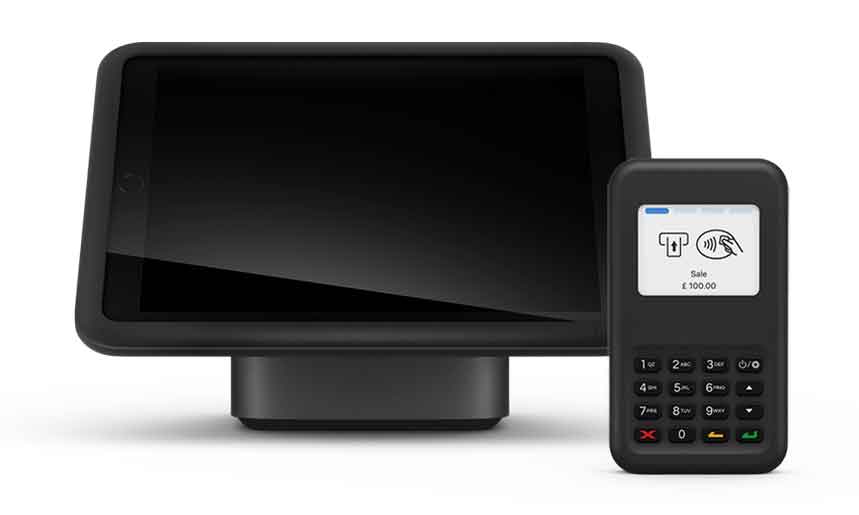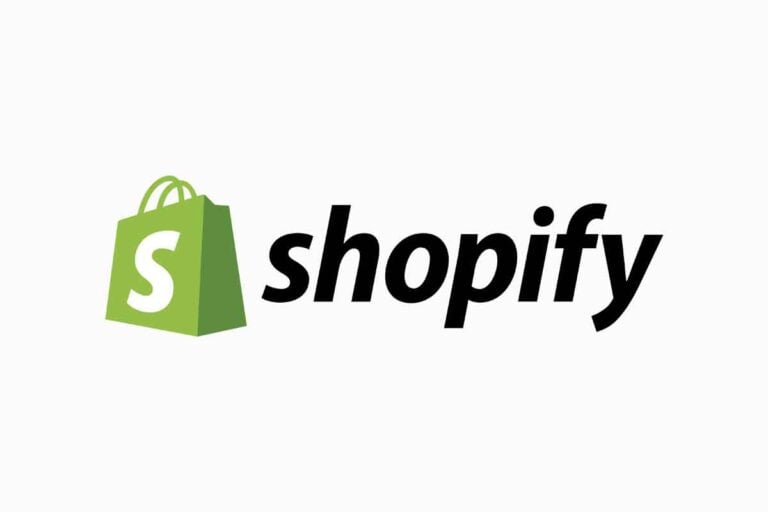Shopify POS, short for Point of Sale, has become a significant contender in the retail payment processing market. As a cloud-based, mobile payment solution, it provides a host of features that facilitate sales in a brick-and-mortar setting, as well as for online businesses. But is Shopify POS the right choice for your company? This comprehensive review will dissect what Shopify POS brings to the table, considering its features, fees, pros and cons.
Overview of Shopify POS – what’s on offer?
Founded in 2006, Shopify began as a platform for building e-commerce websites and has since evolved into a comprehensive business solution. The Shopify POS system, launched in 2013, has been a game-changer for many businesses, enabling them to unify their online and offline sales.
In terms of features, Shopify POS offers a multitude of tools to facilitate efficient business operation. You can accept a variety of payment types, track inventory in real-time, manage customer relationships, and access detailed sales reports. You can also sell and accept gift cards, apply discounts, and handle returns seamlessly.
The system integrates smoothly with the broader Shopify ecosystem. If you’re running an e-commerce site on Shopify, the POS system allows for seamless coordination between online and physical stores. All inventory and sales data synchronise in real-time, making for a unified sales experience.
For the brick-and-mortar establishments, Shopify POS can be used on any device with an internet connection. They offer a range of proprietary hardware, including card readers and receipt printers, but you can also use your own device with their free app.

Pros and cons of Shopify POS
Pros:
- Seamless Integration: For businesses that already use Shopify for e-commerce, Shopify POS is a natural fit. The real-time synchronisation between online and offline sales provides a unified retail experience.
- Feature-Rich: Shopify POS comes packed with features including real-time inventory management, customer profiles, sales analytics, discounts and promotions, gift card management, and more.
- Hardware Flexibility: The system works with a variety of hardware devices, including your own iPad or Android tablet. Shopify also provides its own range of proprietary hardware.
- Scalability: The solution is designed to grow with your business. As your business expands, so can your use of Shopify POS with features designed for managing multiple locations and large inventory.
Cons:
- Pricing: For businesses with lower sales volumes, the monthly fees can be relatively high. While Shopify does offer a basic package, access to many of the advanced features requires a more expensive plan.
- Dependency on Internet: Since Shopify POS is a cloud-based solution, it requires a stable internet connection to operate. This can potentially cause issues in areas with unstable connectivity.
- Limited Offline Features: Although Shopify POS can process sales offline, some key features, like inventory lookups, are unavailable without an internet connection.
Shopify POS products and services guide
The Shopify POS platform provides several features designed to streamline the retail experience, both online and in-store.
- Payments: The platform accepts a variety of payment methods, including credit and debit cards, gift cards, and mobile payments.
- Hardware: Shopify offers its own line of hardware, including card readers, cash drawers, receipt printers, and barcode scanners. The system also integrates with third-party hardware.
- Inventory Management: You can track inventory across multiple locations in real-time, manage stock levels, and automate reordering.
- Customer Relationship Management (CRM): Collect customer data for marketing purposes, keep track of purchase history, and offer customised discounts.
- Sales Reporting: Analyse sales trends, top-selling products, and customer behaviour with detailed reports.
- Employee Management: You can manage staff roles, track sales by staff members, and control access to sensitive information.
Shopify POS pricing, fees and charges explained
Shopify POS pricing tiers start from a basic package of £29/month, up to a premium package at £299/month. The monthly fee includes access to the Shopify e-commerce platform, POS software, and 24/7 support.
For payment processing, Shopify charges a fee per transaction. If you use Shopify Payments, the platform’s in-built payment gateway, fees range from 2.2% + 20p to 1.6% + 20p per transaction, depending on your plan. If you choose to use a different payment gateway, additional fees may apply.
The cost of hardware is separate, with card readers priced from £29, and full hardware kits, including a receipt printer, cash drawer, and iPad stand, from around £659.
Alternatives to Shopify POS
While Shopify POS offers a robust solution, it’s worth considering alternatives. Square is a popular choice, known for its flat-rate transaction fees and free POS software. Lightspeed is another option that provides a strong inventory management system and integrates with various e-commerce platforms.
Zettle (now part of PayPal) is a good choice for small businesses, offering competitive transaction fees and free basic POS software. Lastly, SumUp offers a straightforward, low-cost card reader ideal for very small or mobile businesses.
Shopify POS review conclusion – Is it a good choice?
Shopify POS offers a comprehensive retail solution, particularly for businesses that already use Shopify for e-commerce. Its rich feature set, hardware flexibility, and scalability make it a strong contender in the POS market. However, it’s important to weigh its higher costs against your business’s sales volume and the need for advanced features.
While dependency on internet connectivity and limited offline functionality can be drawbacks in certain scenarios, for most businesses in areas with stable internet, this should not pose a major issue. Consider your specific needs and circumstances before making a decision.
FAQ – Shopify POS review
Shopify POS is a point-of-sale system from Shopify that enables businesses to accept payments and manage their store both online and offline.
Yes, you can use your own iPad or Android tablet with the Shopify POS app.
Shopify sells its own line of hardware, including card readers, receipt printers, cash drawers, and barcode scanners.
Shopify POS pricing tiers start at £29/month and can go up to £299/month. Payment processing and hardware costs are separate.
Shopify POS can process sales offline, but some features like inventory lookups require an internet connection.
While non-Shopify users can use Shopify POS, the system is best suited for businesses that already use Shopify for e-commerce due to its seamless integration.
Shopify POS accepts a variety of payment methods, including credit and debit cards, gift cards, and mobile payments.
If you use Shopify Payments, fees range from 2.2% + 20p to 1.6% + 20p per transaction, depending on your plan.
Shopify POS allows for easy returns and refunds, directly from the system.
Yes, Shopify POS can manage inventory and sales across multiple locations.
Alternatives to Shopify POS include Square, Vend, iZettle, and SumUp.
Yes, while Shopify POS is designed to unify online and offline sales, it can be used for online-only businesses.
Yes, Shopify POS offers real-time inventory management and sales tracking.
Yes, Shopify POS is compatible with a range of third-party hardware.
Yes, Shopify POS offers CRM features including customer data collection, tracking purchase history, and customised discounts.
Shopify POS offers employee management features such as defining staff roles, tracking sales by staff members, and controlling access to sensitive information.
Yes, you can sell and accept gift cards with Shopify POS.
Yes, Shopify POS offers detailed sales reports for analysing sales trends, top-selling products, and customer behaviour.
Yes, if you choose to use a different payment gateway, additional fees may apply.
Yes, Shopify POS can process sales offline, but certain features like inventory lookups require an internet connection.

